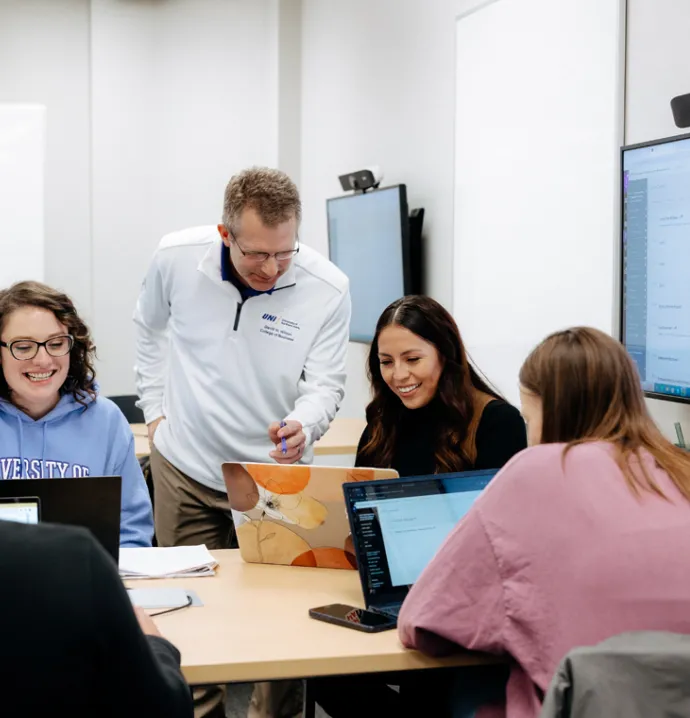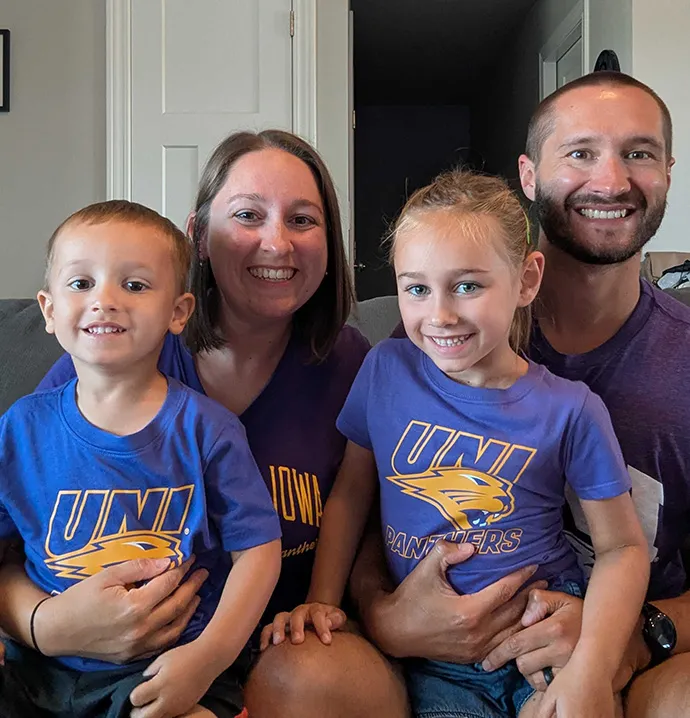What If…We Could Promote Epiphanies?
What If…We Could Promote Epiphanies?
I have long wondered if businesses could somehow promote epiphanies among their employees—those sudden, seemingly unbidden flashes of insight that allow us see an issue from a different perspective or to solve a previously recalcitrant problem. That may seem like an unlikely preoccupation for a college professor, who is thought to gain knowledge through accretion—hard work, study, and persistence. Although we all hope for those “light bulb” moments, when we finally “get it” (and they do occur, albeit much less often than any of us would desire). Most of us experience something more akin to Neal Stephenson’s description in Snow Crash, ““…he finally went through a belated, dim-witted epiphany, not a brilliant light shining down from heaven, more like the brown glimmer of a half-dead flashlight from the top of a stepladder…”
Part of my interest in epiphanies is that I seem to have them more often than do most of my colleagues. I have had multiple co-authors question how I came up with ideas or connections among various streams of academic literature—and I don’t have a good answer for them, other than it “just happened.” More about this later, but for now, the point is that I did not consciously DO anything that created the idea/connection.
At this point, let me take a step back and define terms. “Epiphany” in one sense, is a Christian holiday that commemorates the Magi's visit to the infant Jesus and his baptism. Merriam-Webster defines it variously as “(1) a usually sudden manifestation or perception of the essential nature or meaning of something; (2) an intuitive grasp of reality through something (such as an event) usually simple and striking; (3) an illuminating discovery, realization, or disclosure.” It is in the more secular context that I want to discuss epiphanies.
One of the recent business epiphanies that has become widely reported is Ray Anderson’s (deceased founder and CEO of InterfaceFLOR) ‘spear in the chest’ revelation about his firm’s impact on the environment. A lesser-known, and more personal, example is Bobby Ehrenberg’s insight while incarcerated for murder in the commission of a robbery. Both of these examples point to the impetus for life-changing behaviors. (One interesting point about epiphanies is that they seemingly are all reported as positives—we just don’t hear about ones that lead to negative outcomes. It would be interesting to understand why that is the case. Are we selective in the epiphanies we report? Or are they truly positive in nature?)
These questions led me to begin thinking about ways that we (collectively, society, academia, businesses, etc.) could encourage epiphanies. I seriously doubt that there is a way to directly promote them, as we can stimulate muscle growth by eating healthy foods and lifting weights. That leaves us with indirect approaches that we hope will lead to more epiphanies.
What might some of these indirect approaches be? Not surprisingly, there are multiple websites that claim to have that answer. After many hours reviewing these sites, the common denominators appear to boil down to time, desire to learn, and knowledge. The first, time, is an acknowledgement that epiphanies rarely, if ever, come during times of intense activity, stress, and continual occupation. Rather, such insights seem to require some extended period of downtime that allows our minds to reflect, free associate, and make connections. Educators have known for a long time that one way people learn best is by relating new material to existing bits of information we already know. Apparently, epiphanies work in a similar fashion. I have personally experienced this, when I read something in one field (for example, in political science) that triggers an existing bit of knowledge from sociology. I once read that the famous author Malcolm Gladwell regularly goes to a public library, somewhat randomly pulls books off the shelves, and peruses them to find seemingly disparate ideas that he connects, coming up with new topics to explore.
If we do need time to enhance our chances of having an epiphany, how might we provide that time? One common example in my field, academics, is a sabbatical. Whether offered as a term of employment for full-time faculty (generally once every six or seven years) or on a competitive basis, as at UNI, these faculty members are granted time off from their teaching and service duties specifically to allow them time to research and explore ideas. Some for-profit companies do this as well. One of my sons worked for a bank in Chicago that provided him (and others at his level in the company) a full month’s sabbatical. More companies have the ability to offer this perq. Another example is 3M and Google, which provide “free time” on a regular basis for their employees to pursue projects that interest them.
The second common factor, desire to learn, is both incredibly important and incredibly difficult to cultivate. Most of us have been exposed to two-year-olds, who may be the foremost example of desire to learn. Young children are driven to ask “Why?” ad infinitum, to the point most adults wear down. Unfortunately, our formal education system seems to drive that innate desire to learn out of most students, at least in the subjects we teach. A major reason for that is our attempt to substitute extrinsic rewards for the intrinsic rewards of learning for the sake of learning. As Alfie Kohn has pointed out in his research, such reliance on extrinsic rewards is mostly self-defeating. If I knew the answer(s) to motivating people to learn, I would be rich and famous—I don’t and I’m not. But we can promote the need to learn, reward appropriate behaviors, recognize people who do learn, and so on. As the present concerns over social media demonstrates, somebody knows how to motivate us, often in ways we don’t necessarily agree with.
The desire to learn will enhance epiphanies in at least two ways. First, we are often searching for an answer to an existing problem when epiphanies happen. Searching for an answer may represent the ultimate “desire to learn.” Second, as I will discuss in the next paragraph, a desire to learn is what leads to the kinds of broad knowledge we need in order to have such insights.
In a newspaper article “How to Get Your Mind to Read,” the author states, “So what does comprehension require? Broad vocabulary, obviously. Equally important, but more subtle, is the role played by factual knowledge. All prose has factual gaps that must be filled by the reader. Consider ‘I promised not to play with it, but Mom still wouldn’t let me bring my Rubik’s Cube to the library.’ The author has omitted three facts vital to comprehension: you must be quiet in a library; Rubik’s Cubes make noise; kids don’t resist tempting toys very well. If you don’t know these facts, you might understand the literal meaning of the sentence, but you’ll miss why Mom forbade the toy in the library. Knowledge also provides context.” The author is discussing the practice of reading, but his point is equally valid for epiphanies. If we don’t already have broad factual knowledge, we are unlikely to have those flashes of insight that allow us to address problems that heretofore have defied solution.
This is why I think I have experienced several (relatively minor, unfortunately) epiphanies. I read a lot; I read about a lot of different subjects; I keep up with current events; I actively seek to relate seemingly unconnected ideas. I think by doing these things, I construct a context within which insights seem to “just happen.”
We are faced with many intractable problems today; some are existential. Obviously, we need to do formal, rigorous research. We need resources. We need political will. We need the ability and willingness to debate civilly and productively. We also need epiphanies. Shouldn’t we trying to set the stage for them, too?
The views and opinions expressed are those of the author and do not imply endorsement by the University of Northern Iowa.




